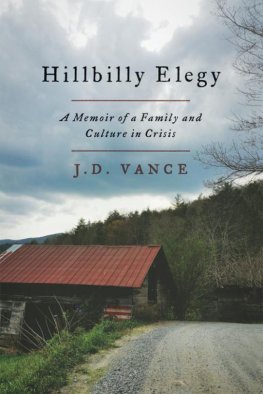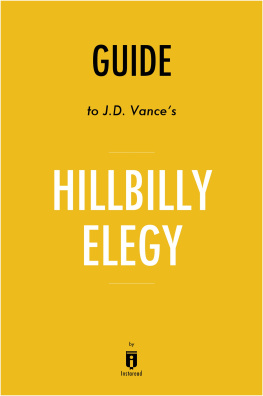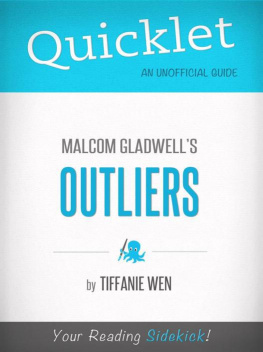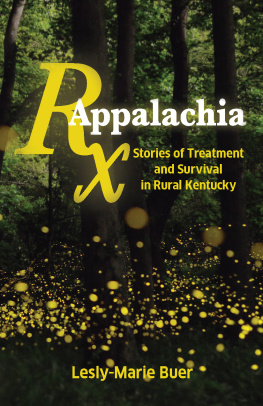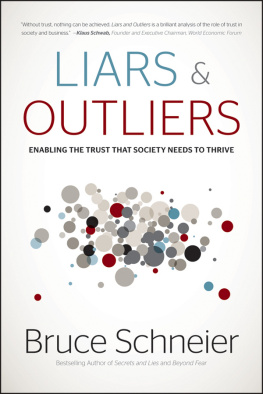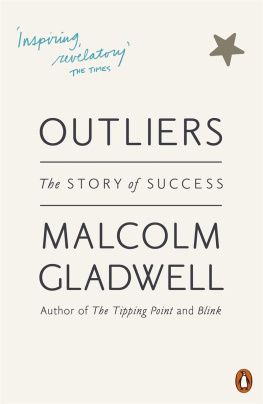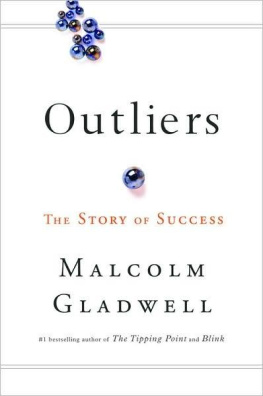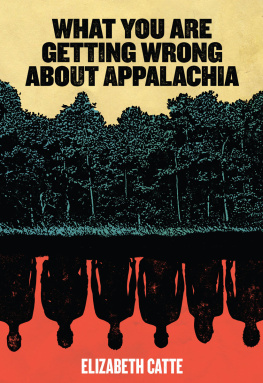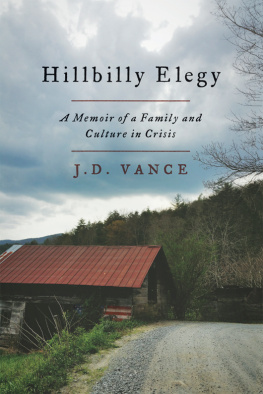Foreword
When I got off the bus in Northern Ireland and bounded up the mildew-stained stairs of my brothers sublet, eagerly asking him about what hed been up to in the months since wed last seen each other, I never expected him to casually throw thinking about writing a book into the long list of endeavors hed been pursuing. At the same time, I wasnt the least bit surprised.
When people ask me about my relationship with Morgan, it is easy to sum up: were close. Im the [self-proclaimed] favorite child, but hes always been the child deserving of this title. Upon his arrival into this world, I, at age four, threw a Category V tantrum. Im talking no-shoes, lots-of-tears, drag-me-by-one-snotty-arm kind of tantrum. When my grandparents were finally able to coax me into the Morgantown, West Virginia, hospital room where my brother had just been born, I fixated my eyes on the TV and refused to acknowledge his shiny new existence whatsoever. He was not the younger sister for whom I had put in a special request and not so subtly demanded my mother give birth toyou know, the kind from whom you can steal clothes and talk with about crushes. Throughout his infancy, I loved to convince him he was adopted or a mistake (or both), much to our parents chagrin. In my defense, all I can say is, heavy is the head that wears the crown of Oldest Sibling.
Ironically, my little brother ended up being not just a confidant (with a closet I oft frequented) but also the person I look up to most in this world. For the twenty years I have known him, he has served as a constant source of entertainment, empathy, and eager energyalways ready to make you laugh, hold you tight, and ask you a billion questions about whatever obscure thing he happens to want to mull over at the moment. He wants to know anything and everything, and once he knows it, it sticks around in that big brain of his and never leaves (for better or for worse). Hes a literal human sponge, and you have to be careful because he will squeeze out your own words, in addition to the words of several other relevant quotes and facts hes memorized, and use them against you when you least expect it. Morgan will always hear you out, and then he will respond with the wit and wisdom of a one-hundred-year-old Buddhist monk. The questions I inevitably end up asking him on a daily basis are, 1) How do you know this? and, more importantly, 2) Why do you know this? His answer? I dont know, because, I just do.
When people ask about where were from, it is far less easy to sum up, as youll see from Morgans devotion of an entire book to that very end. Ive spent entire hours of my college political science classes trying to describe the place and people that are Appalachiatrying to make my fellow students and professors understand the existence and significance of this place I myself havent figured out, despite the nearly two decades I spent growing up there.
After one particular political science class, my professor approached me, a book in her hands. Here, she said, extending it out to me. Everything that comes out of your mouth sounds like this bookyouve got to read it. Heres my copy. Id love to hear your thoughts when youve finished.
It was J. D. Vances Hillbilly Elegy . I flew through that book, reading it cover to cover in a matter of days, prying it open when I should have been prepping for another essay or listening to another classs lecture. By our class the following week, I had written an entire page of notes and arrived with the book in hand, far more prepared to discuss domestic policy in impoverished regions like mine than that days assigned reading.
I loved Hillbilly Elegy because it was the first book I had ever read that even made mention of my neck of the woods. I was able to anticipate the endings to most of Vances sentences, finishing them in my head before reading the words. I devoured every descriptive detail of each page, sometimes re-reading the sentences so many times I wasnt sure I hadnt written them myself. For all the criticism and controversy I have since heard in response to Hillbilly Elegy , the memoir remains one of the only texts in which I have been fully engrossed in the nitty-gritty details, details in which I have been able to see myself.
Several professors throughout my college career, with whom I intentionally or unintentionally shared snippets of home, urged me to write about the experience of my hometown. Its so unique, theyd say. Its not very often you hear about a Middlebury student from this type of background! People would find it very interesting.
But I could never bring myself to do it. I had spent every waking (and sleeping) minute of my high school career working toward a way to leave, eventually happily ending up some 560 miles and nine hours away at a small liberal arts college in Vermont. When college peers spoke of homesickness as they adjusted to life away from home, I realized it was a feeling I had never experienced. I didnt understand what it meant to long for where you come from; I only knew what it felt like to run hard and fast away from it, without looking back.
I carried a lot of bitterness toward Appalachia throughout college and, if were being completely honest, I still do. Its a place that often turned its back on me and anyone else who questioned it. I spent a lot of time feeling suffocated, misunderstood, and fed up, to a degree that surpassed normal teen angst. The only identity I formed in my adolescence seemed to be one in pure opposition to the region that raised me. That bitterness was only compounded when I arrived at college and learned of all the opportunities and ways of thinking I had missed out on because of my childhood in Appalachia. My mom always said if I didnt have anything nice to say, I shouldnt say anything at all, and I never felt that sentiment stronger than while trying to make sense of home. After spending so much time and effort distancing myself from it, I had little desire to relive it in any way.


